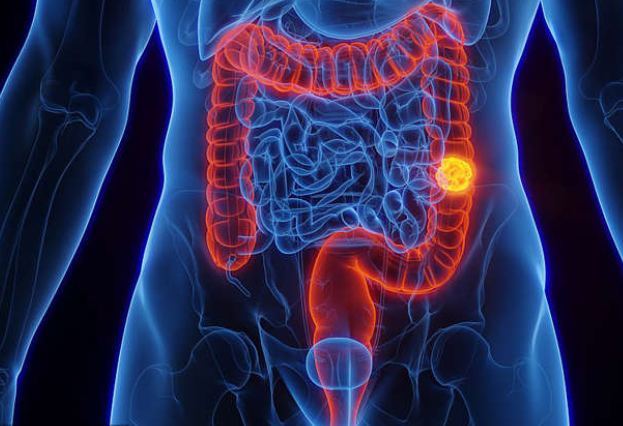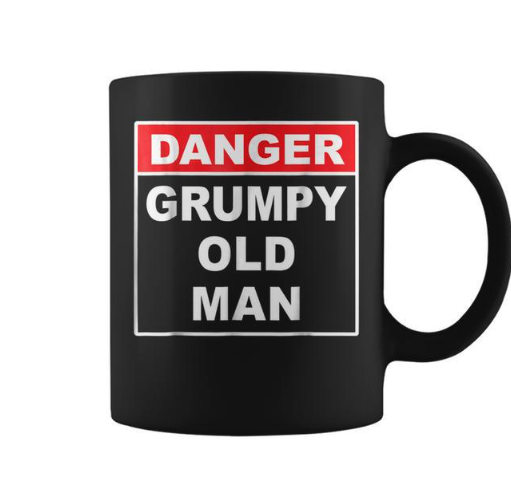Last month, figures from the Department of Health and Social Care revealed 92,313 over-65s were admitted to hospital for alcohol-related conditions between 2023 and 2024 – theirs being the only demographic in which hospital admissions have increased for this reason; a record high and nearly 25 per cent higher than before the start of Covid.
Dr Niall Campbell, an addiction specialist and consultant psychiatrist at London’s Priory Hospital Roehampton, says some 15-20 per cent of his patients are aged 60 or over, “and that’s on the increase.” Martin Preston, the founder of Cheshire rehab centre Delamere, which can accommodate up to 23 addicts at a time, agrees that those seeking help “seem to be getting older. At the moment, we have three or four women who fall into that age group.”
In part, this is down to our ageing population. Today’s pensioners, teenagers in the 1960s, are the first generation for whom alcohol consumption has been socially encouraged throughout their adult lives, leading to decades of cumulative damage, because “alcohol-related conditions like liver disease, cognitive decline and cardiovascular issues tend to develop over time”, says NHS GP Dr Deepali Misra-Sharp, the clinical lead for substance abuse at her Birmingham surgery. However, she adds, “some people escalate their drinking in later life, leading to more immediate health risks like falls, hospital admissions and acute withdrawal symptoms.”
So, what causes the nightly glass or two to turn into something problematic? Retirement is certainly a “trigger”, says Preston. “There can be a loss of status. Adult children can be busy looking after their own families so a lot less to do.” Without the camaraderie of work, loneliness and low mood can set in, he adds – government figures have found depression affects around 22 per cent of men and 28 per cent of women aged over 65, and this age group is more likely to be bereaved: “Grief and loss can feature.”
Add in the similarly discombobulating effects of Covid, and its little wonder we’re seeing the fallout. Whereas a fifth of Generation Z now don’t drink at all.
Campbell points out that “to understand addiction you have to understand your feelings” and says an inability to discuss emotions is particularly problematic among the Priory’s older male patients. “Men talk about things like football and politics, but not about how they feel. I’ve had a number of outpatients who have practically been dragged here by their wives. She’s at her wit’s end because he’s sitting around all day. That’s the demographic we see – the retired husband, financially comfortable, but his new hobby is drinking rather than golf or birdwatching.”
Denial is also common. Often, a husband will insist his drinking is under control, only for the wife to email Campbell privately saying, “It’s terrible. He’s got a temper, sleeping all the time, falling over.” Unsurprisingly, the marriage deteriorates, the wife leaves, and the alcohol-addicted husband struggles even more on his own, increasing the risk of suicide, “which is tragic and avoidable,” he says.
Campbell stresses that a glass of wine in the evening is all right, “but very often it’s not one or two,” and the tipping point is “when the consequences outweigh the benefits.” Age brings decreased tolerance, adds Preston, and “what you might be drinking without incident in your 40s, at 65, you might get a two-day hangover”. It’s “not unusual” for family members mistakenly to believe the drinker has dementia, he says, and those who arrive at Delamere often have “more physical complications” than younger guests.
Misra-Sharp says the most common alcohol-related conditions she sees in her surgery include gastrointestinal problems, depression and sleep disruption: “The rise in alcohol-related health issues among over-65s is concerning, especially as many don’t realise, they are drinking at harmful levels.”
She takes a “compassionate” approach to patients, suggesting measures such as introducing alcohol-free days and encouraging hobbies that don’t involve drink, while Campbell urges older drinkers not to despair. For those who can’t afford rehab, “AA is free. A specialist addiction counsellor wouldn’t cost much. There is a solution. You can get help.”
Source: The Telegraph





